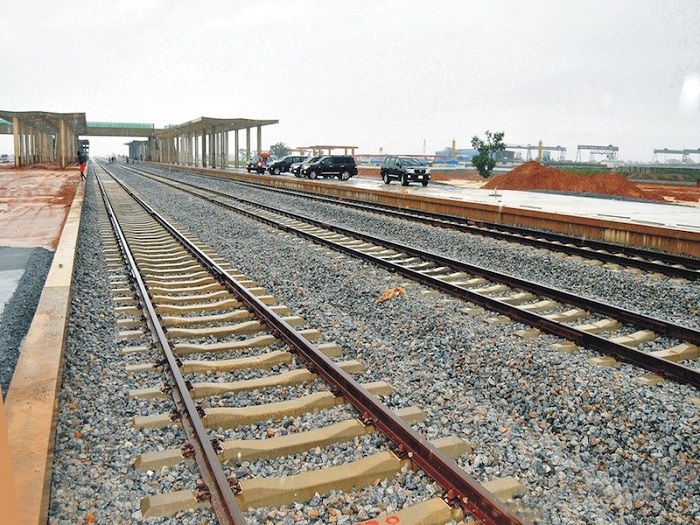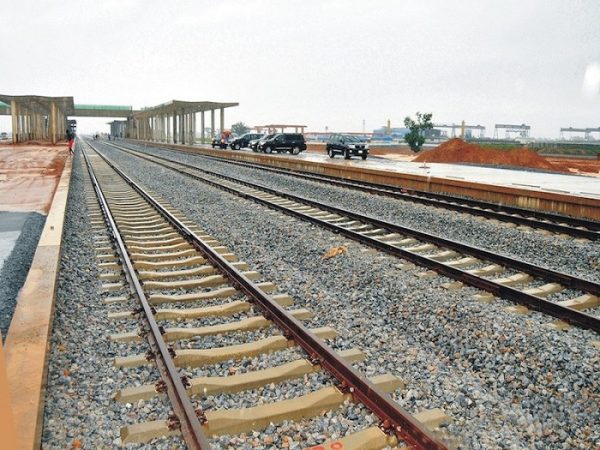More than 100 years ago, the British colonial government built the first railroad in Nigeria to aid the movement of agricultural produce from the northern region to the southern part of the country. Precisely in 1898, two years before the merging of the northern and southern protectorate, Nigeria’s independence would be about 62 years into the future of this rail plan.
Read more about Where were you?
By October of 1912, the Lagos Government Railway and the Baro-Kano Railway also merged to form the Government Department of Railways. And by 1955 when the Nigerian Railway Corporation Act was passed, the company had gained the exclusive legal right to construct and operate rail service in the entirety of Nigeria.
The Nigerian Railway Corporation (NRC) performed somewhat efficiently until the mid-1960s. The railway service began to be riddled with cases of mismanagement, corruption, government neglect, and outright lack of maintenance of the rail and locomotive assets.
Things went bad so much for the NRC that by 1988, the service declared bankruptcy and suspended operations.
The government of former President Olusegun Obasanjo, in 2006, made plans to restore rail transportation to restore the role which transportation played in the Nigerian economy of the past. The plan had little success.
By 2011, the administration of former President Goodluck Jonathan also started another ambitious construction of a new standard gauge rail line which will connect Abuja-Kaduna initially. The 187 km standard gauge line was eventually completed in December 2014 towards the end of Jonathan’sadministration. The Abuja-Kaduna segment of the stretch became the first functional segment to be completed as part of the Lagos-Kano standard gauge project under the Standard Gauge Railway Modernisation Projects – a 25-year rail development plan.
The administration also inaugurated two Diesel Multiple Unit train sets and six air-conditioned passenger coaches at the NRC terminus at Ebute-Metta, Lagos which ushered in a new beginning to the moribund infrastructure of the old NRC.
By July of 2016, the incumbent President, Major General Muhammadu Buhari (retd), inaugurated the standard gauge line between Kaduna and Abuja.
Sign up to the Connect Nigeria daily newsletter
And in 2017, Vice-President Yemi Osinbajo performed the groundbreaking ceremony of the Lagos-Ibadan Railway Project even before it was completed. The 156km Lagos-Ibadan section is a segment of the 2,733km Lagos-Kano standard gauge railway line.
By March 2020, the third and final batch of 32 passenger coaches had been shipped from China to Nigeria.
CRRC Tangshan had in April 2019 taken an order of 60 passenger coaches, consisting of 44 cab cars and 16 trailer cars of its revamped 25T type, to be exported to Nigeria and serve along the Lagos-Ibadan rail line.
At long last, by the end of 2020, China Civil Engineering Construction Corporation (CCECC), the Chinese construction company handling the building of the Lagos-Ibadan tracks had completed make-up operations on half of the first 16 coaches, with air and power supply, lighting and air-conditioning systems working well. The Lagos-Ibadan line handled by CCECC alone had a total project cost valued at about $11bn.
Finally, by December 2020, the NRC finally began conducting trial operations for the Lagos-Ibadan railway, covering the 156km journey between Ibadan and Lagos in approximately 2 hours and 40 minutes.
Other segments of the Lagos-Kano line are billed for construction in the near future.
Featured Image Source: Businessday NG
Got a suggestion? Contact us: [email protected]


